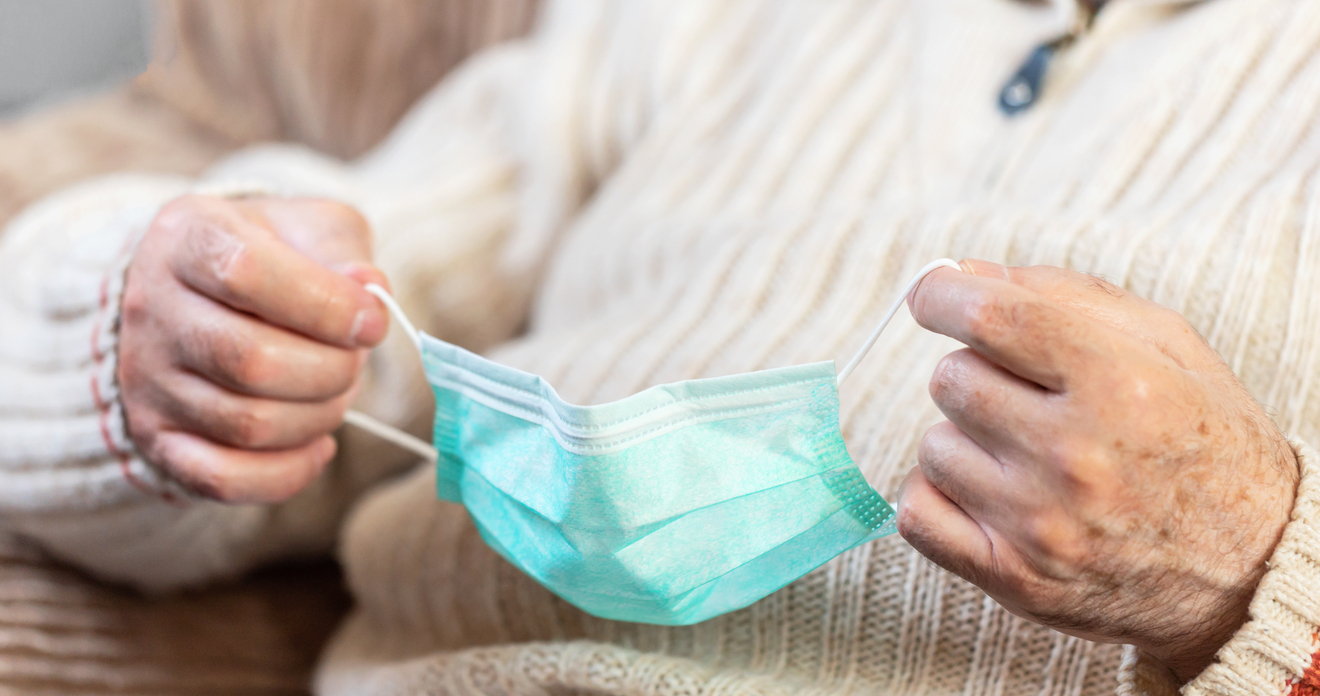Living with COVID-19 in the social care sector: workforce implications

This week, the Government published their plans on how the social care sector and wider economy will be supported as the country deals with the next phase of COVID-19. We set out below what we know at present and crucially what further announcements you will need to look out for in the next couple of weeks.
Many of the existing legal requirements will be removed, with the Government moving towards a guidance-based model.
Self-isolation
With effect from 24 February 2022, several legal requirements will be removed, but will continue in the form of recommended guidance. For the care sector the current self-isolation requirements will remain as they are.
The self-isolation requirements are set out in the updated guidance here. Although it will be guidance rather than law, it is important that you follow it for CQC and insurance purposes. As such, the requirements will amount to a reasonable management instruction and any staff refusing to isolate could face disciplinary action. You should also continue to make it clear to your staff that they are required to notify you about a positive COVID-19 case or a close contact with someone with COVID-19.
Statutory Sick Pay (‘SSP’)
From 24 March 2022 the COVID-19 provisions for SSP will come to an end and will revert to pre-pandemic rules. SSP will only be available from the fourth qualifying day of absence, not from day one, regardless of the reason for their sickness absence.
The Statutory Sick Pay Rebate Scheme will close on 17 March 2022 and you will no longer be able to claim back SSP for coronavirus-related absences or self-isolation that occur after 17 March 2022. You have until 24 March 2022 to submit any new claims for absence periods up to 17 March 2022.
Due to the SSP changes, it is possible that employees may be less likely to get tested or isolate as they will lose pay. You may want to consider incentives such as offering full sick pay in order to encourage members of staff to isolate if they have a positive test or are deemed to be a close contact. The Adult Social Care Infection Control and Testing Fund, which can be used to pay staff their full wages whilst isolating, will still be available until the end of March 2022.
Testing
Prior to 1 April 2022, there are no changes to the ability to acquire COVID-19 testing kits, although the availability of acquiring COVID-19 testing kits may become problematic depending on stock levels. In the meantime, testing for all members of staff should continue in the same way.
From 1 April 2022, free universal access to COVID-19 testing for the general public will be removed, with testing kits being made available for purchase through the private market for a fee (Boots are charging £5.99 for one lateral flow test).
However free testing for symptomatic care workers will remain in place from 1 April 2022, but not for those who are asymptomatic. The removal of free testing for asymptomatic care workers is surprising and will no doubt be a concern for organisations as it provides a helpful risk prevention tool, currently at no cost. It is unclear from the guidance whether asymptomatic testing will continue to be required after April, but hopefully further guidance will be provided. If it remains a requirement, the cost of providing this would appear to fall on care providers.
Risk assessments
The legal requirement for you to undertake COVID-19 health and safety risk assessments will be removed from 1 April 2022. Given the increased risk for care sector operators we think you will want to continue with these risk assessments. It is not yet clear whether the CQC will expect you to maintain them, but it seems likely.
Mandatory vaccination
At present, vaccination is a condition of deployment in care homes, with the wider social care sector due to be included on 1 April 2022. It is now highly likely that mandatory vaccination will be scrapped for the entire sector following the Government’s consultation. However, you will still be required to support and encourage workers to take the vaccine and boosters in accordance with any advice from the JCVI.
PPE
The Government will continue to provide the sector with access to free PPE to the end of March 2023.
Further guidance
The Government has announced it will be providing new and updated guidance for the care sector within the next couple of weeks which will further clarify the requirements for testing and isolation. It will also be issuing updated Infection Prevention Control guidance for the sector by 1 April 2022.
If you have any questions or require advice, please contact our Health & Social Care team
Call us now